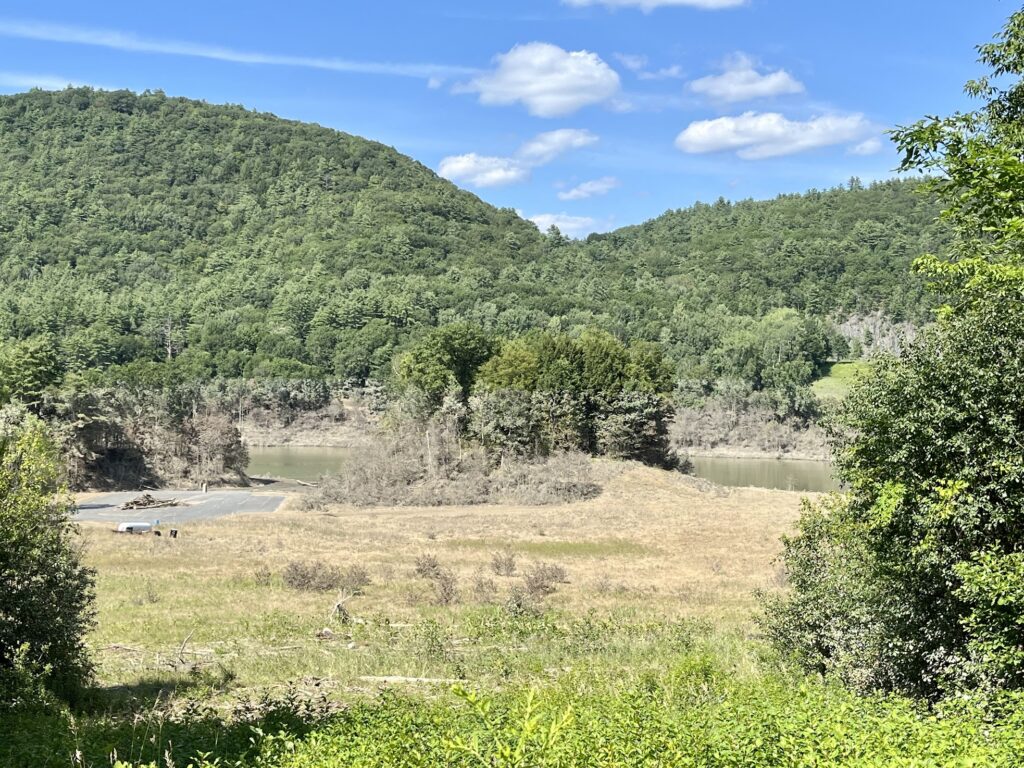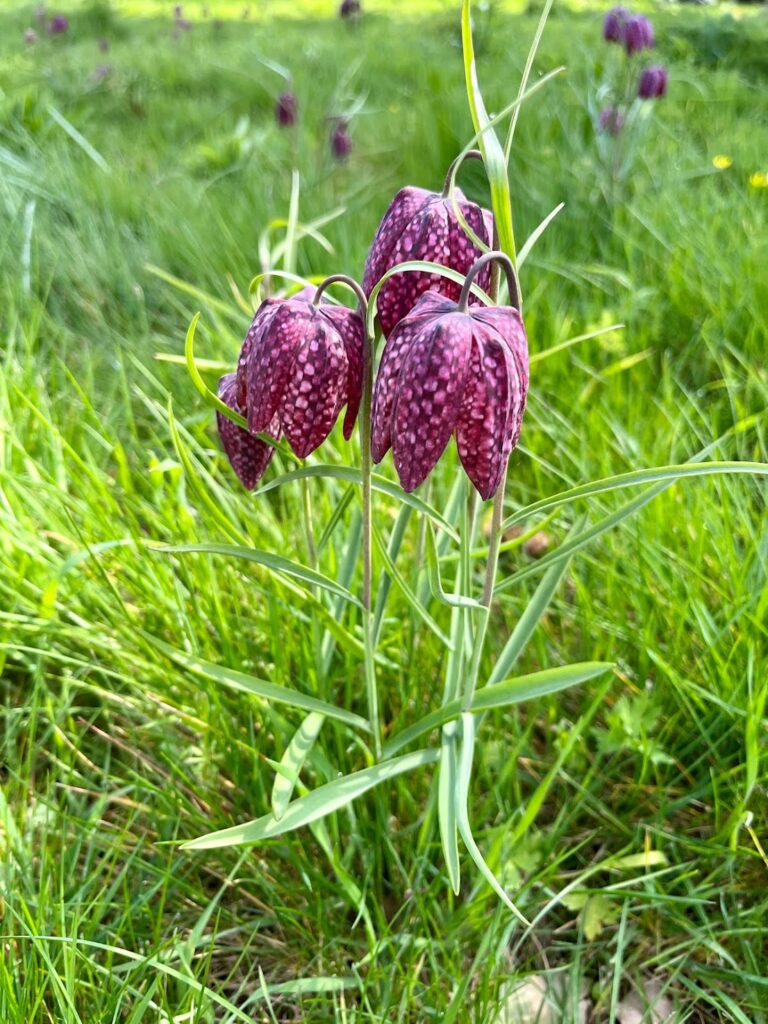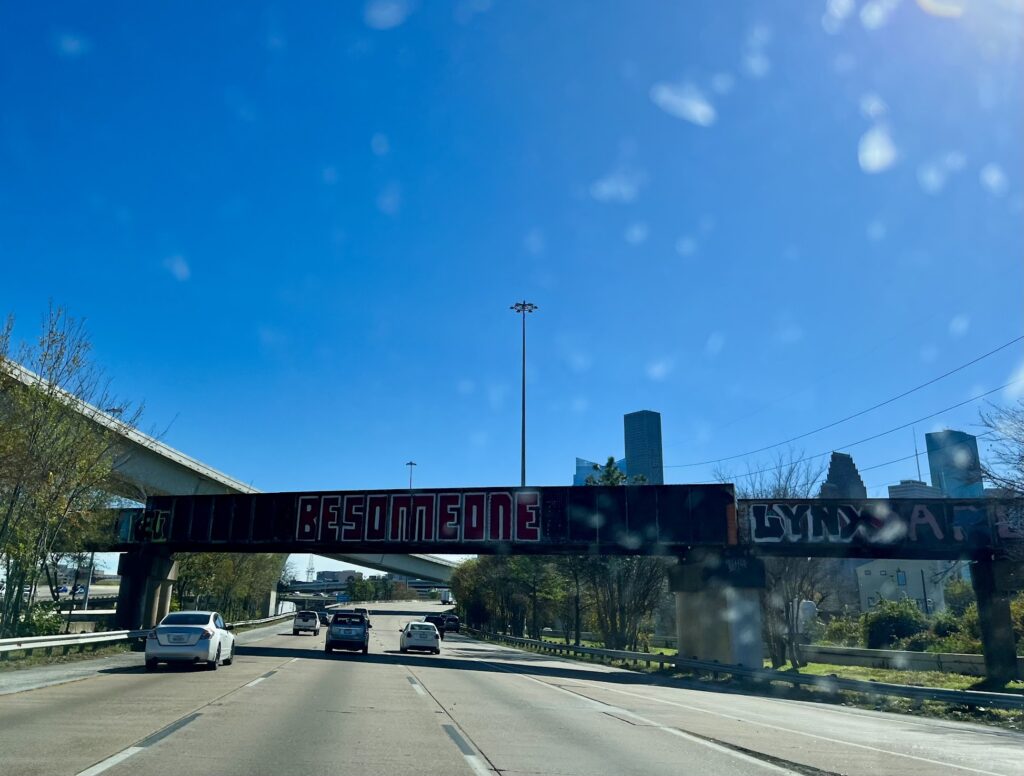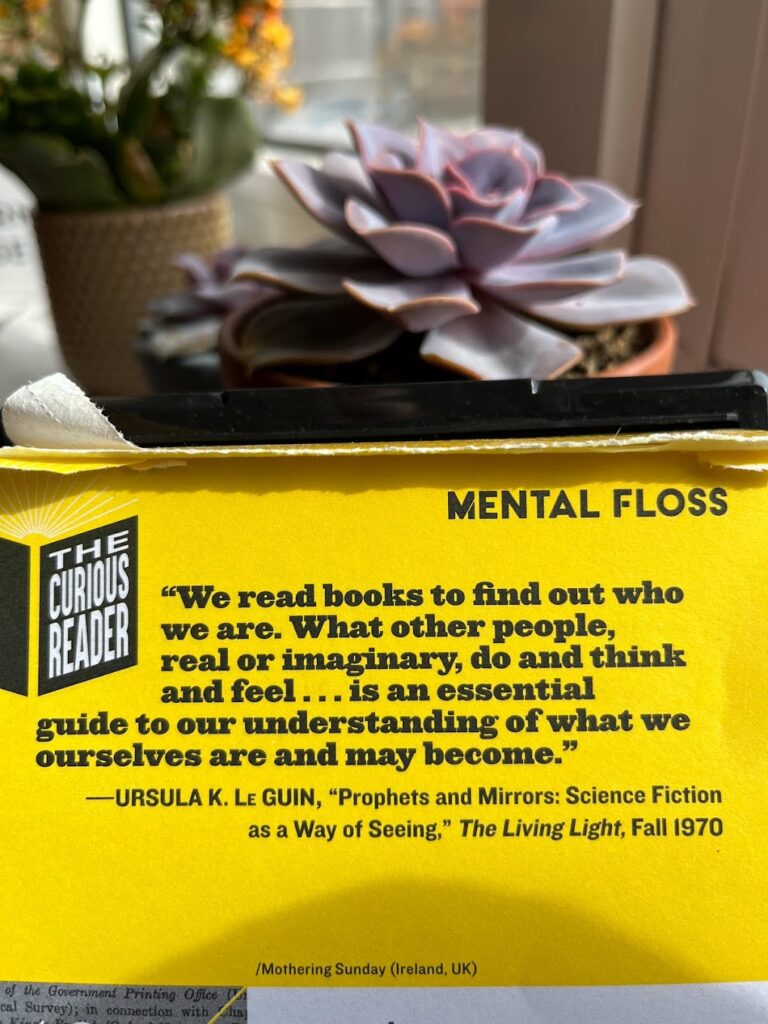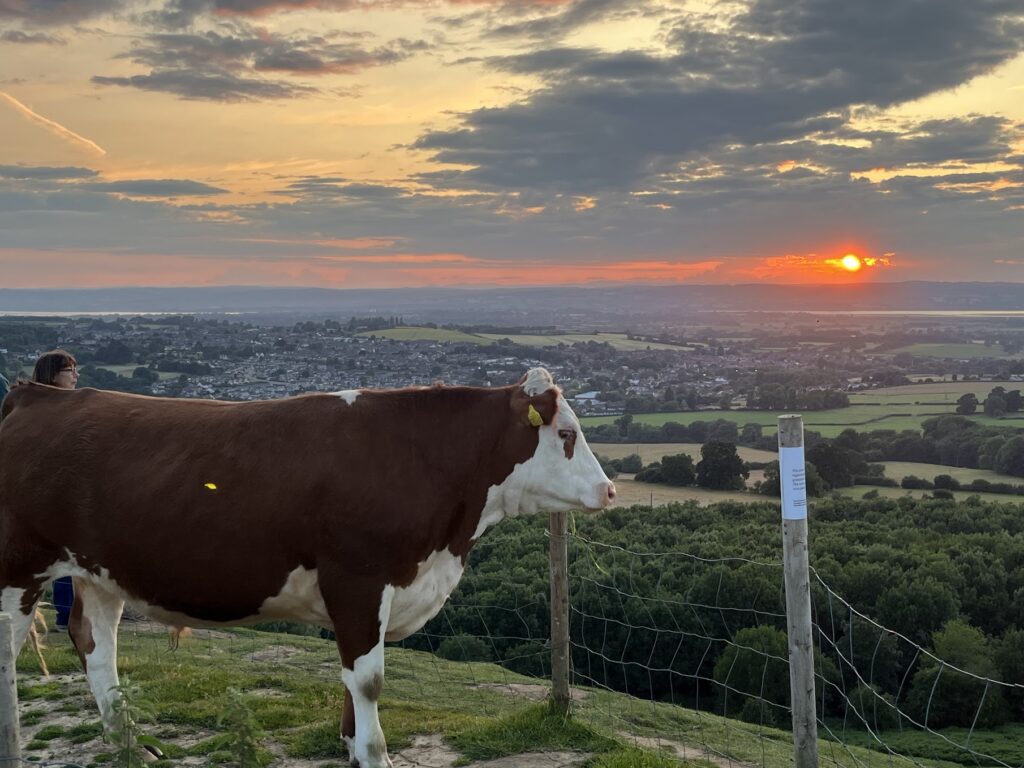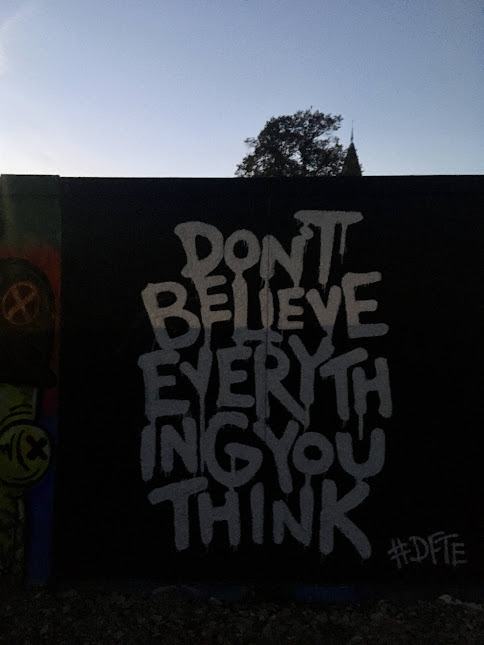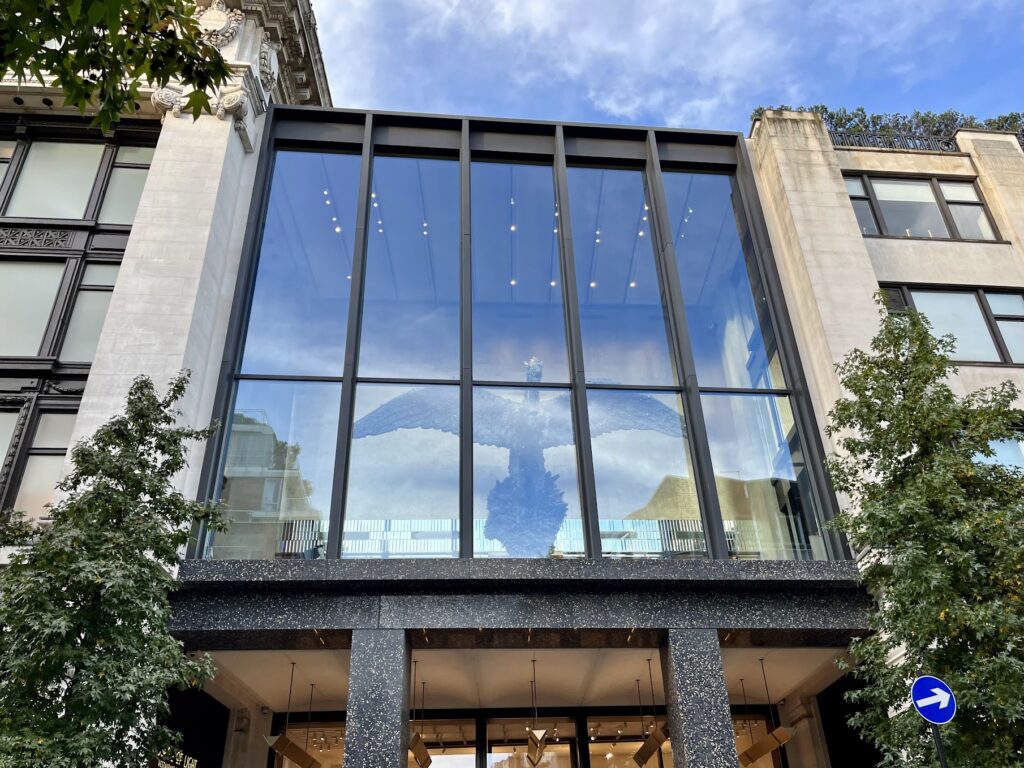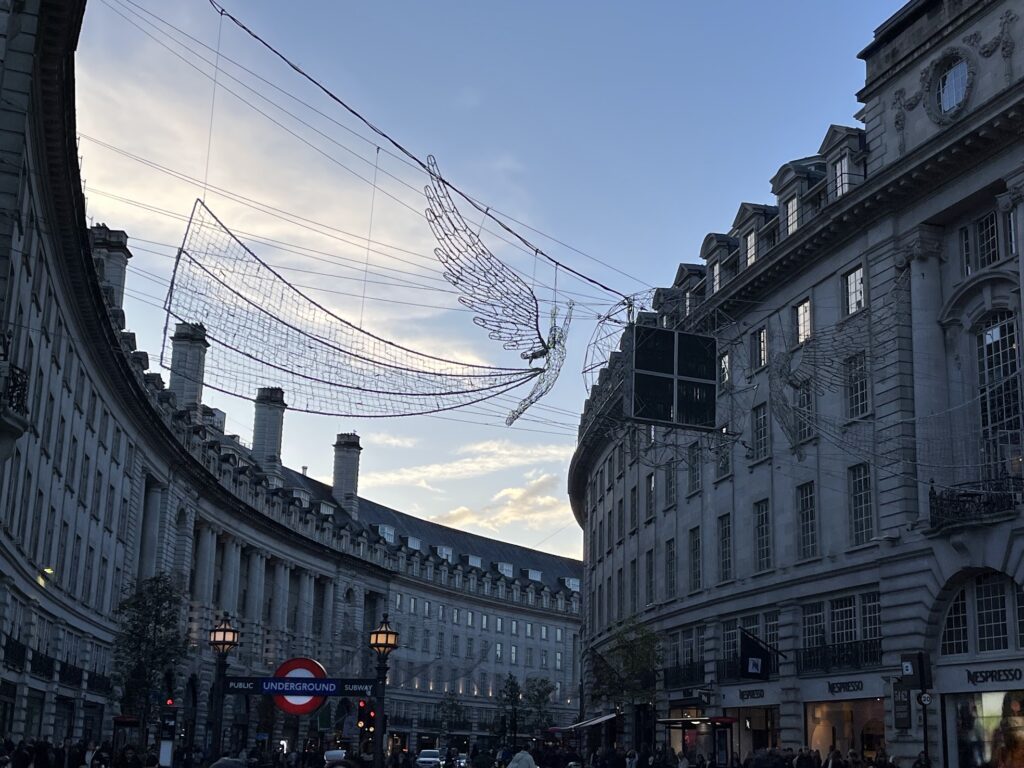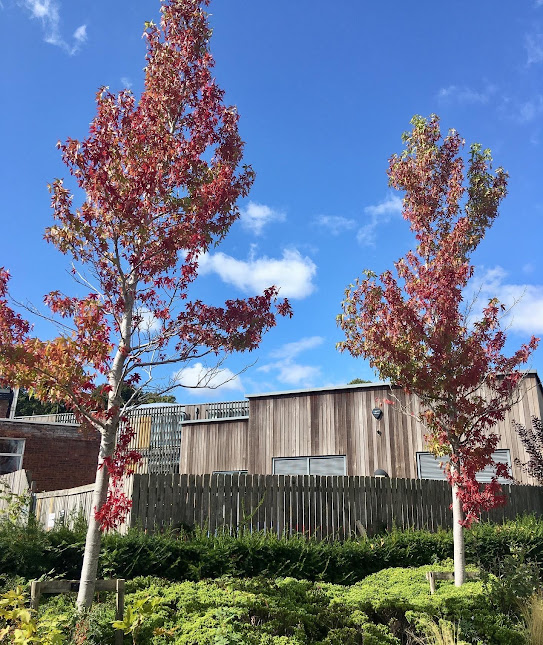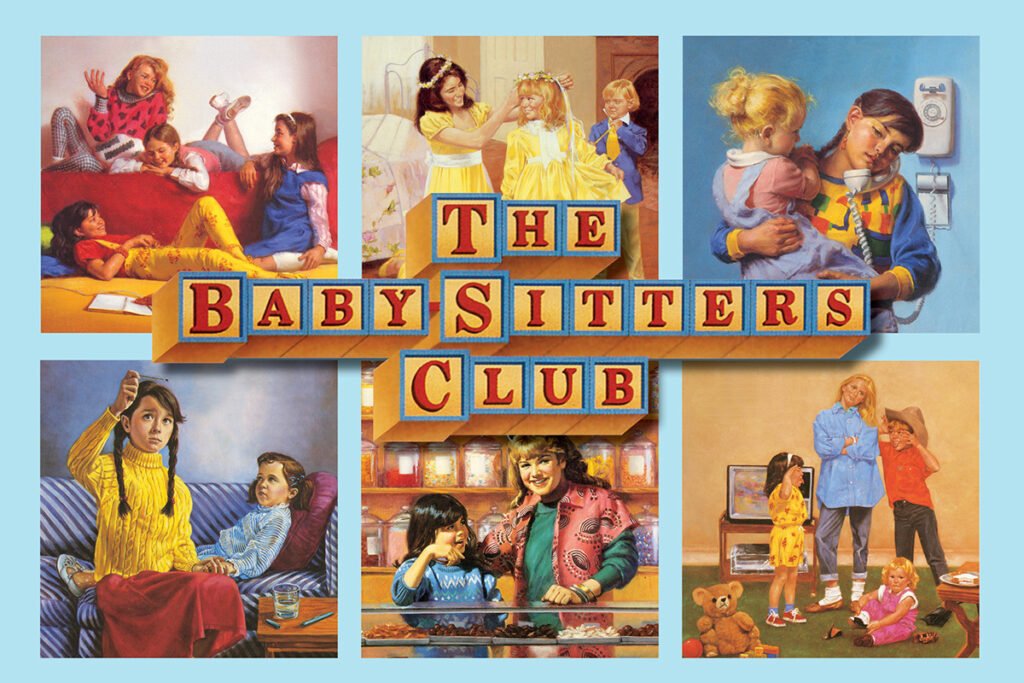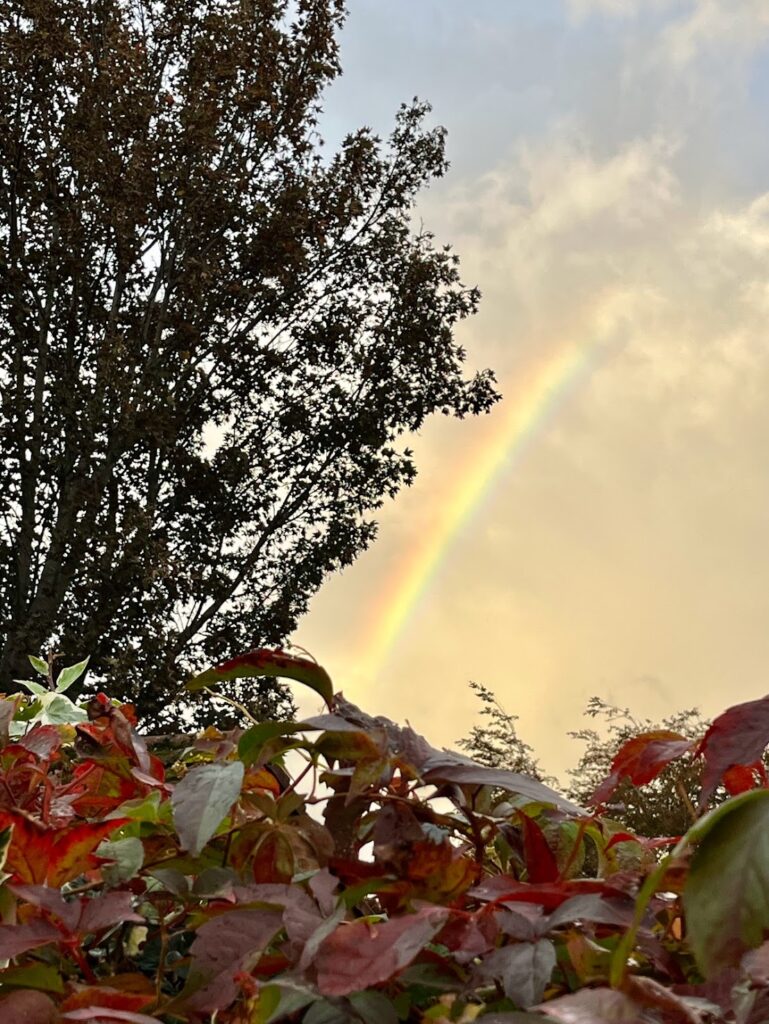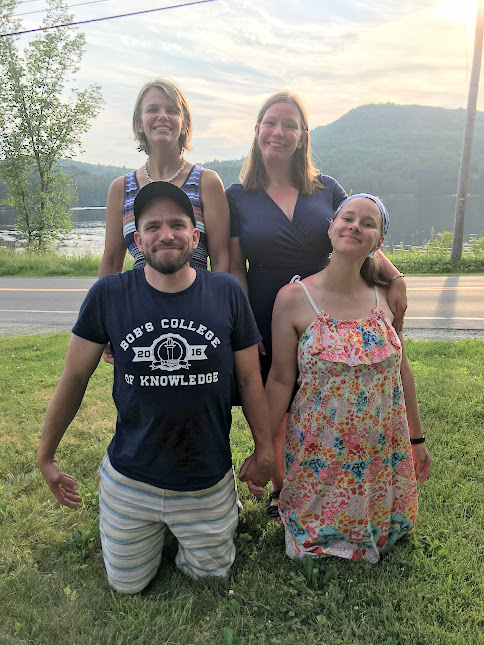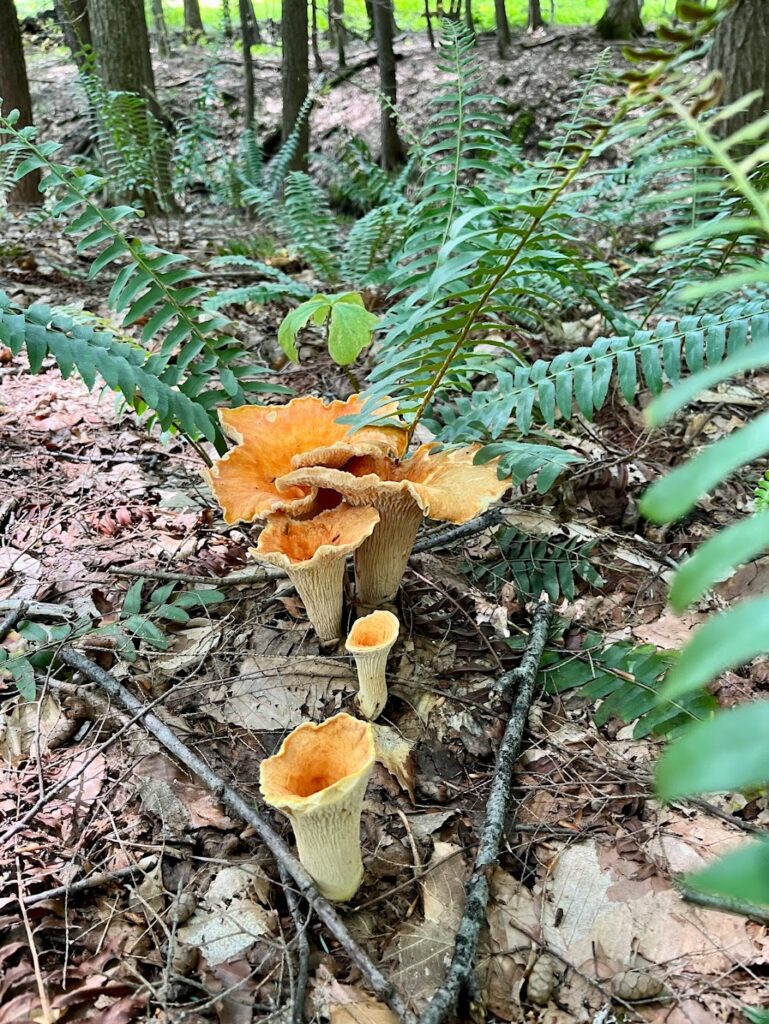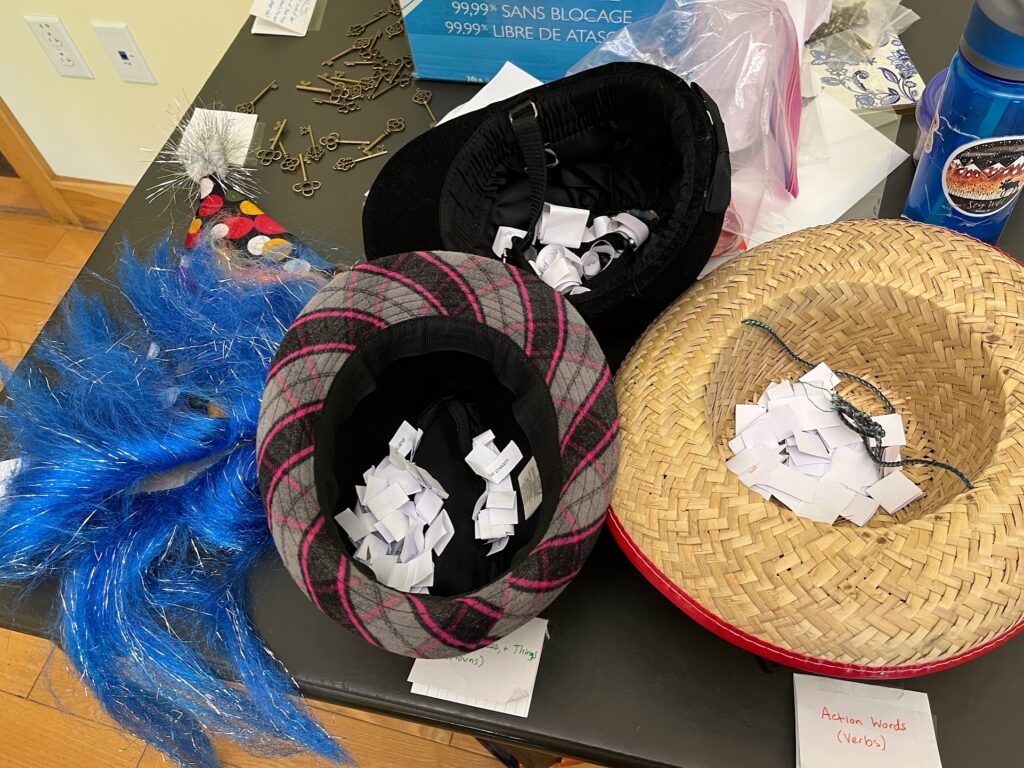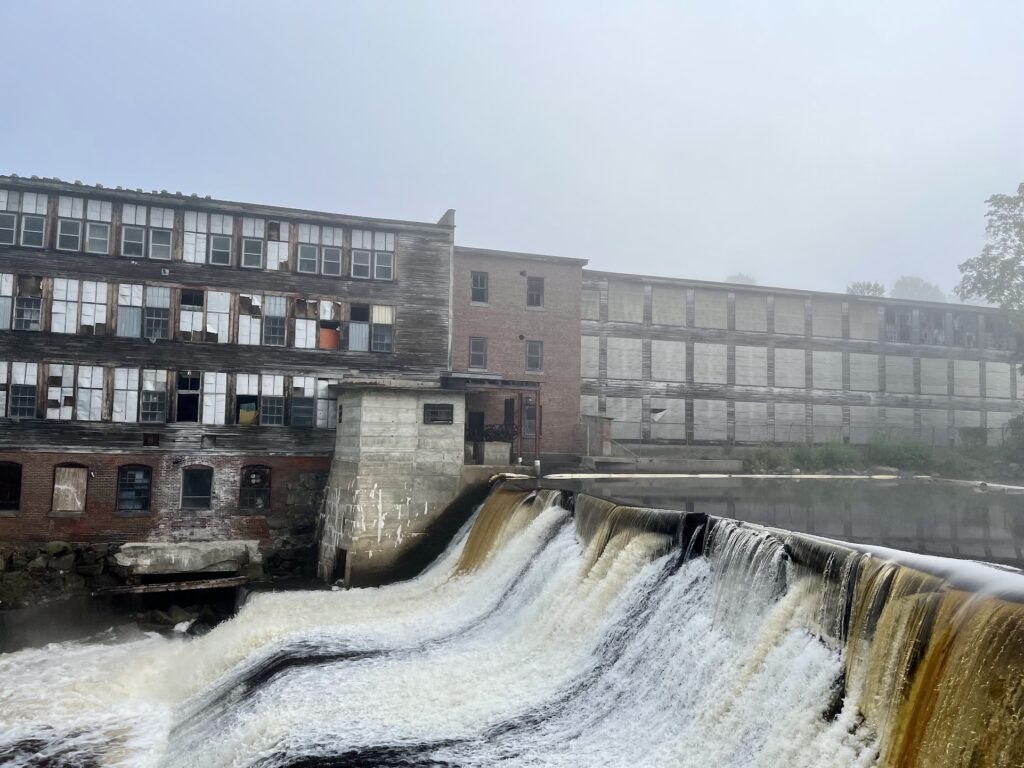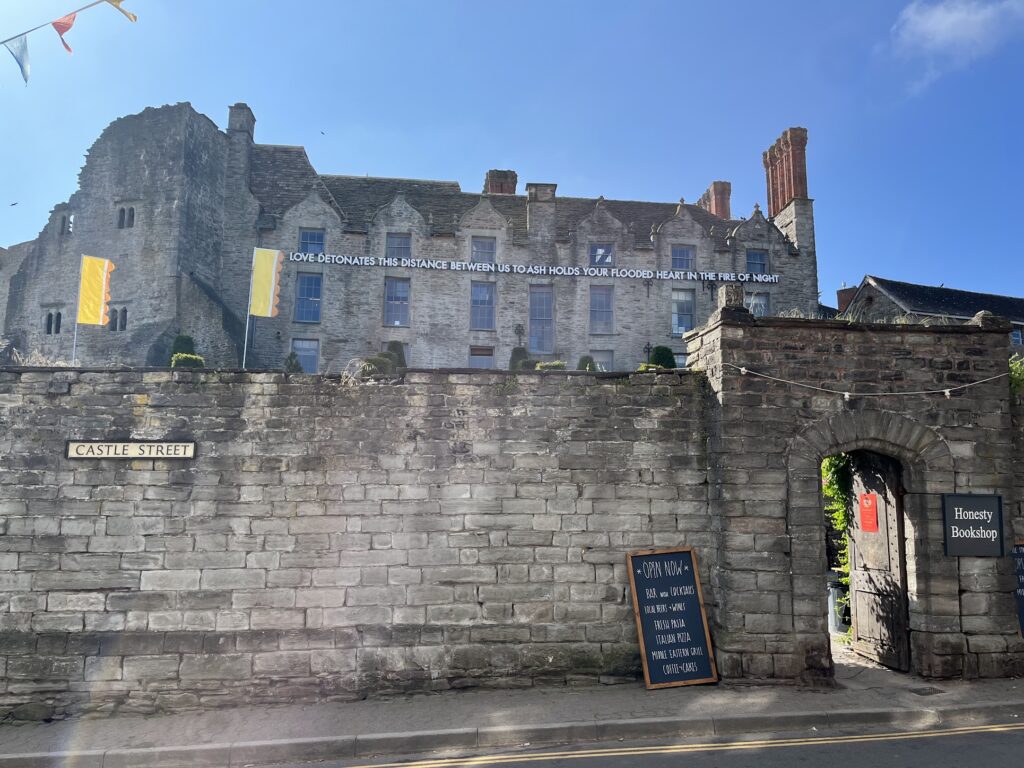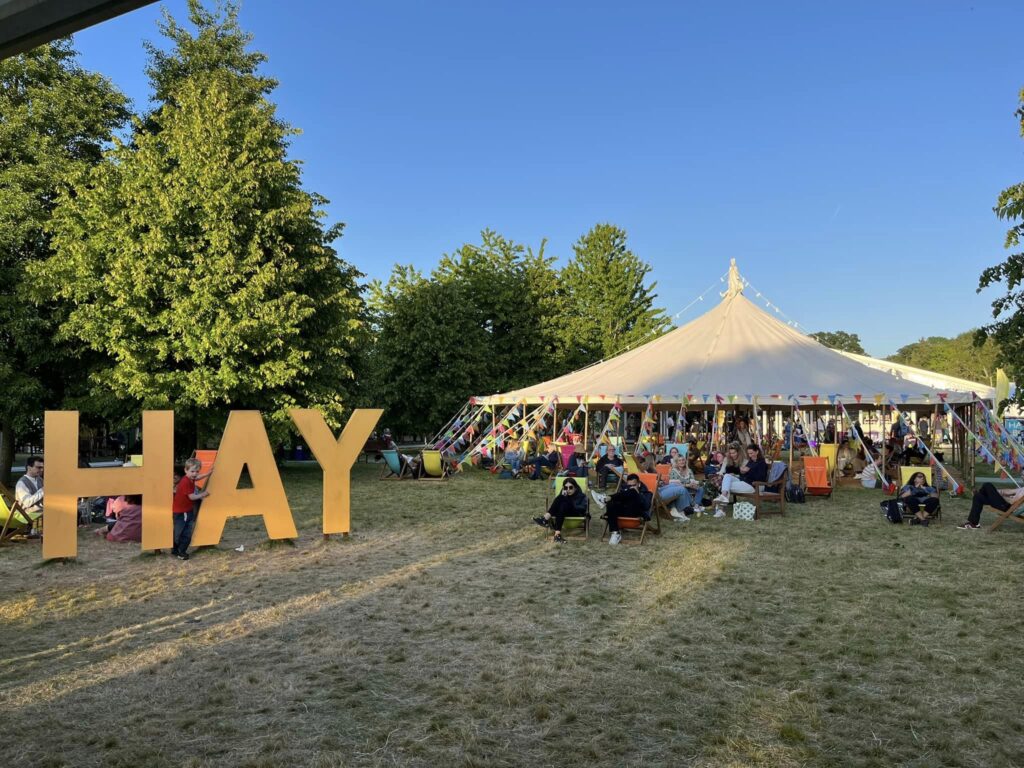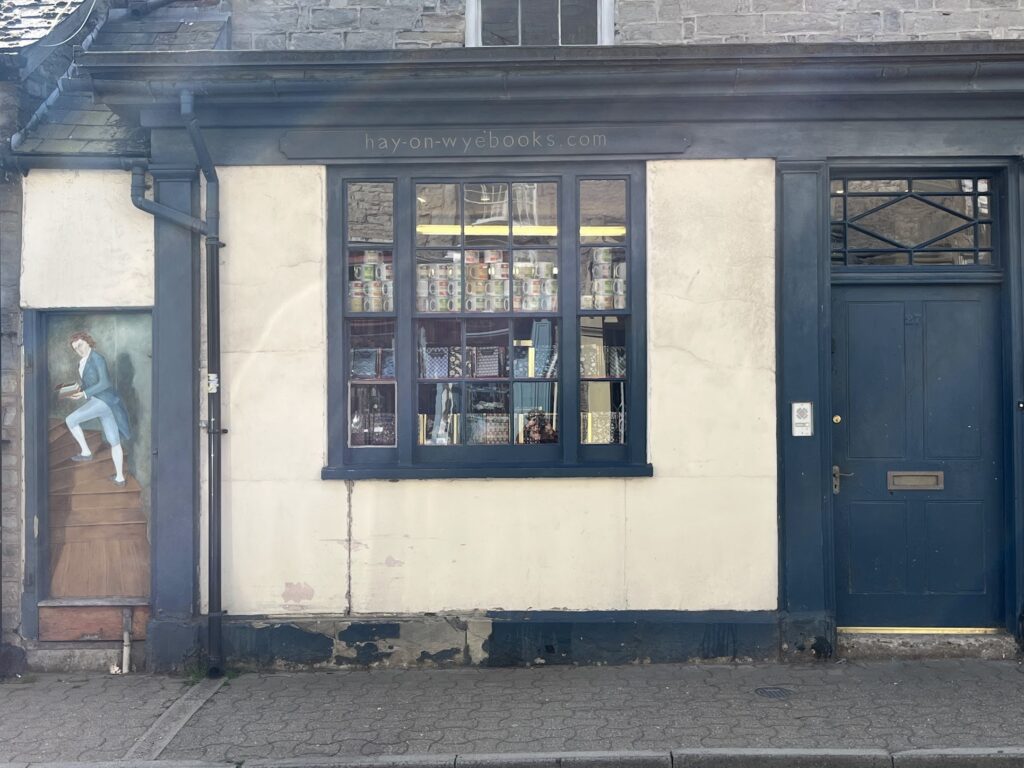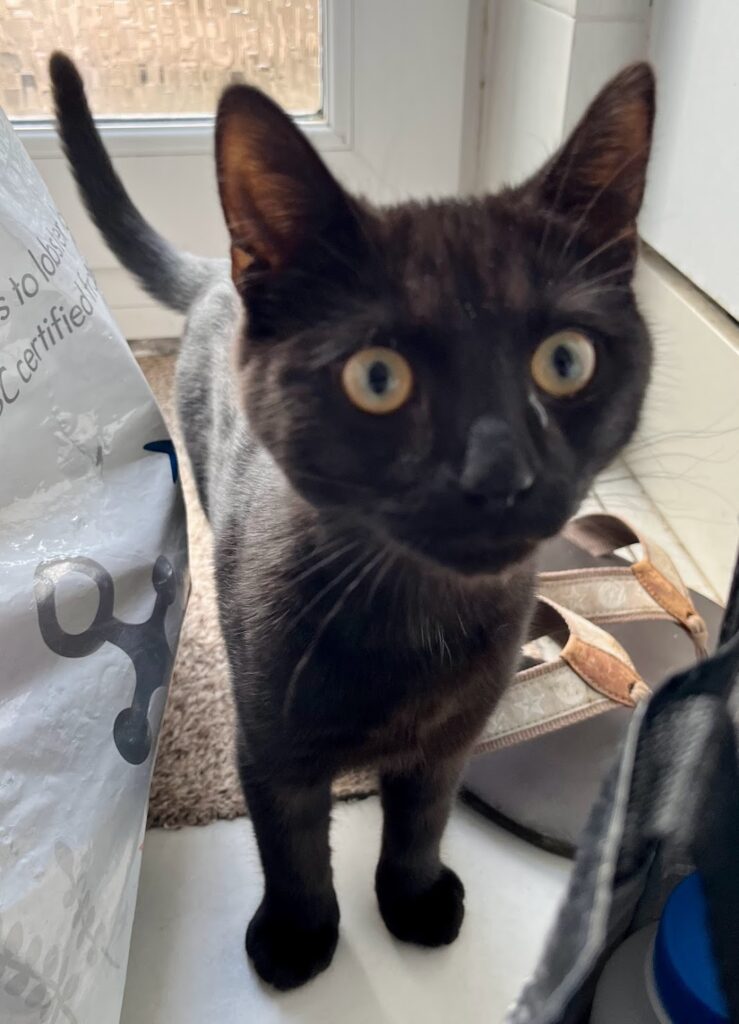This Week’s Bit of String: Planet Buoy
On a rainy Saturday morning in St Ives, I’m shepherding 7 teens on a 2-mile walk with a seasoned photographer. We are nearing the end of our school Art residential; I’ve spent half my half-term supporting 3 very different students with autism.
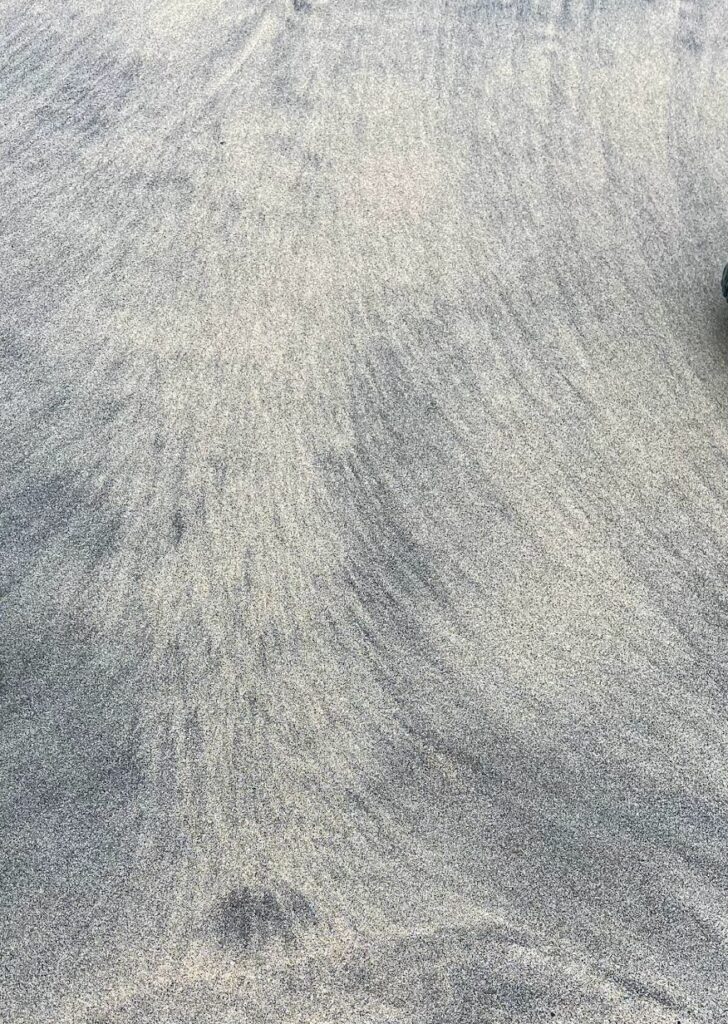
The youngest one is only 14 and prefers to draw comic stories or animals in pencil, so through most activities, he’s put his headphones on and played games on his phone. That’s what he did through the photographer’s introductory talk.
The photographer has worked here in St Ives for 45 years. He says its popularity with artists comes from the “pure, North light.” Standing on a beach he tells me, “The sand in St Ives has a sheerness, and reflects that light.”
Just then, the youngest fellow patters over murmuring, “Miss, I took pictures of the beach.” With his iPhone, he’s captured the effect the photographer talked about. The reflections of the squished-together buildings across the bay appear over the sand in his photo. I compliment him heartily, and he’s off.
He creeps toward gulls, grinning, asking, “Scuse me, can I take your picture?” He aims his phone camera through holes in stone walls that no one else has noticed, sticks it into pier crevices to capture puddle reflections. One of my older students, herself a photographer with autism, is inspired by what he’s finding and so am I.
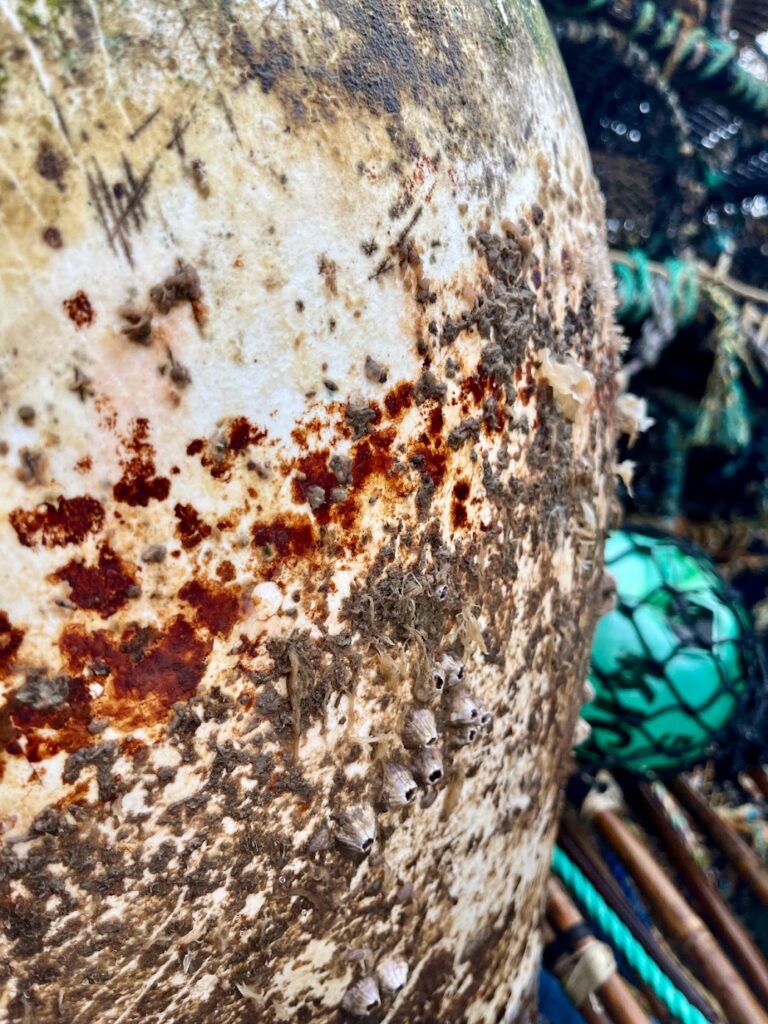
He finds a buoy, pulled up and stashed on top of lobster cages. I join him to capture its weathering with my iPhone. It’s like a planet, with rust crops and barnacle mountains. This young artist is showing what I’ve always found, that once we start looking around with a photographer’s eye, we pick up on so much more.
Balance
It’s like that with stories sometimes too. If we get into ideas mode, we find them everywhere. When I’m out and about, I take pictures partly to remind myself of strands of description for my journal later. Waves blooming around boulders, rust-fall streaming down the lighthouse, Planet Buoy.

The photographer we worked with, Chris Webber, makes me contemplate other similarities or counterpoints between the arts of photography and writing. He tells the students: “Your camera has a lot of dials and buttons, but at its heart, photography is about balancing the light. Don’t be intimidated by the camera. You control it. You decide what to shoot.”
It’s a mixed blessing to remember that amid the vast structures of a story, with so many interplaying elements we’re meant to orchestrate—we are the ones who control the pen (or keyboard). It is, ultimately, up to us.
I also wonder if a story, at its heart, might be as simple as balancing certain elements. Except that a story is balancing the dark. As storytellers we wield light and seek to not obliterate dark (because then a story might be dull or saccharine), but to balance it.
Letting in the Light
I read more about story structure and trajectory before my latest novel edits. John Yorke in Into the Woods frames this as a trajectory of knowledge (which suits my creation story retelling, since Eve allegedly plunged us all into sin by gaining knowledge). A protagonist is awakened to something, they experience doubt, they reluctantly accept, they experiment, it backfires, until ultimately there is a reconciliation of the new knowledge: a reawakening and a total mastery.
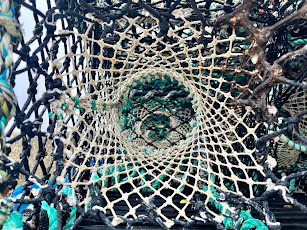
None of this happens without light, and the light would be ineffective if dark didn’t precede it. Presumably, God would never have said, “Let there be light,” if They’d already had all the light They wanted. As creators, we first shine light into a character’s situation so they have to recognise the dark they’re living in. They may react by being overwhelmed; they’re not used to this illumination. Ultimately, we mould the light into hope.
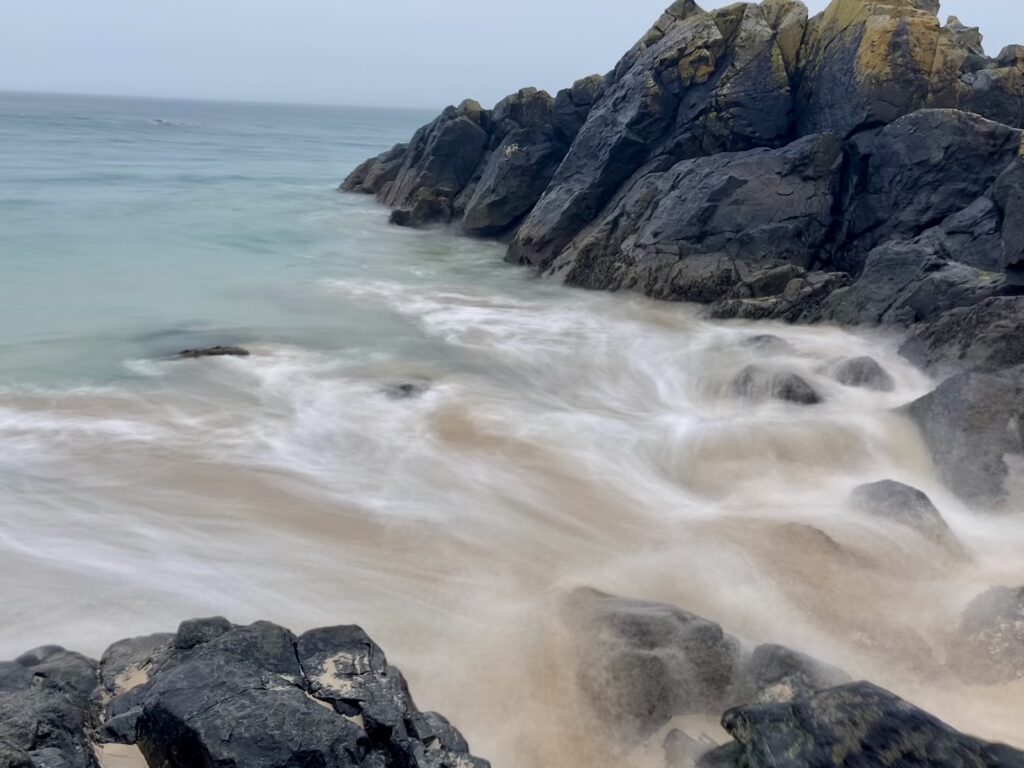
Depending on the story, we’ll allow a pinpoint or a whole widening arc of light/ hope. Also, depending on the type of writing, we’ll show the whole landscape or do a macro shot. Chris Webber does dawn photo shoots and landscapes but also food shoots, for catering outlets. He showed my students a picture he took of a sorbet scoop: “Sometimes you don’t want your viewer to paddle, you want them to dive in.”
I’ll definitely keep that in mind while editing. Which bits are especially important for readers to plunge into? How do we direct the light while also bringing out the exciting details?
